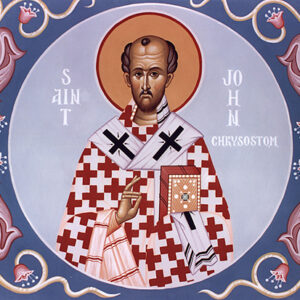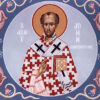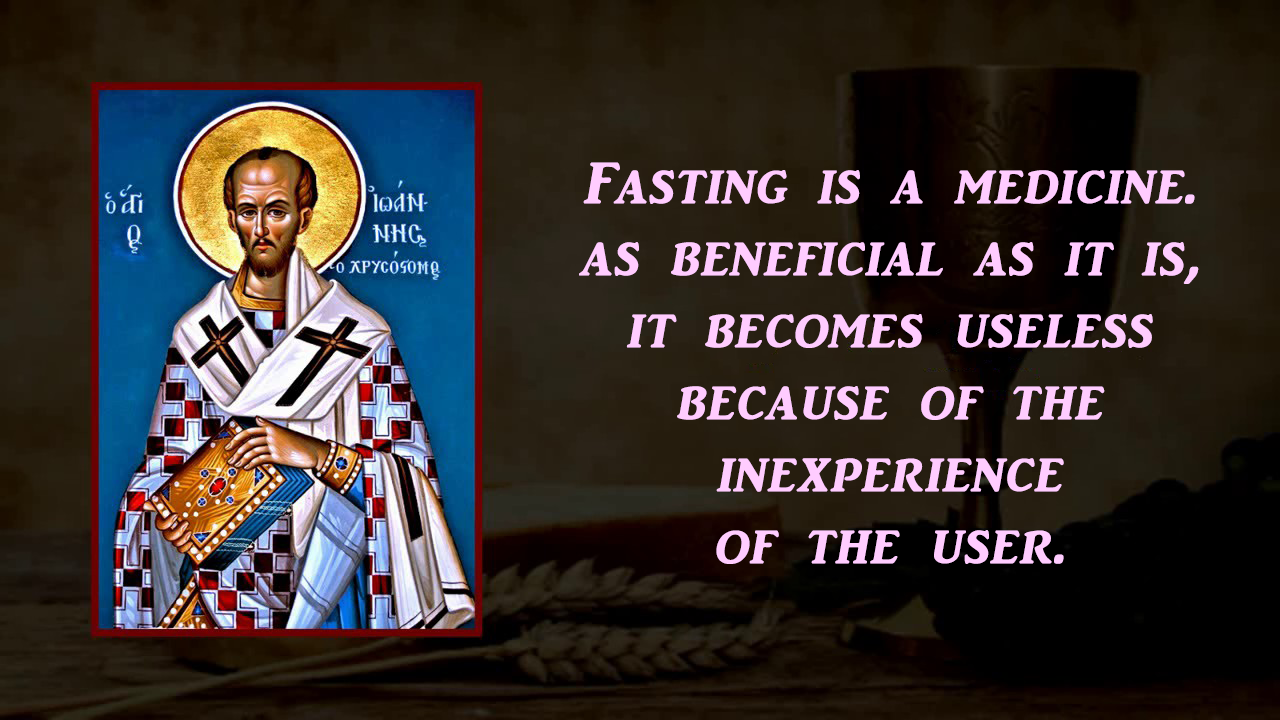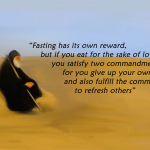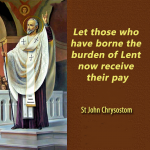Fasting is a medicine. But medicine, as beneficial as it is, becomes useless because of the inexperience of the user. He has to know the appropriate time that the medicine should be taken and the right amount of medicine and the condition of the body, which is to take it, the weather conditions and the …
Fasting is a medicine. But medicine, as beneficial as it is, becomes useless because of the inexperience of the user. He has to know the appropriate time that the medicine should be taken and the right amount of medicine and the condition of the body, which is to take it, the weather conditions and the season of the year and the appropriate diet of the sick and many other things. If any of these things are overlooked, the medicine will do more harm than good. So, if one who is going to heal the body needs so much accuracy, when we care for the soul and are concerned about healing it from bad thoughts, it is necessary to examine and observe everything with every possible detail.
Fasting is the change of every part of our life, because the sacrifice of the fast is not the abstinence but the distancing from sins. Therefore, whoever limits the fast to the deprivation of food, he is the one who, in reality, abhors and ridicules the fast. Are you fasting? Show me your fast with your works. Which works? If you see someone who is poor, show him mercy. If you see an enemy, reconcile with him. If you see a friend who is becoming successful, do not be jealous of him! If you see a beautiful woman on the street, pass her by.
In other words, not only should the mouth fast, but the eyes and the legs and the arms and all the other parts of the body should fast as well. Let the hands fast, remaining clean from stealing and greediness. Let the legs fast, avoiding roads, which lead to sinful sights. Let the eyes fast by not fixing themselves on beautiful faces and by not observing the beauty of others. Are you not eating meat? You should not eat wickedness with your eyes as well. Let your hearing also fast. The fast of hearing is not to accept bad talk against others and sly defamations.
Let the mouth fast from disgraceful and abusive words, because, what gain is there when, on the one hand we avoid eating chicken and fish and, on the other, we chew-up and consume our brothers? He who condemns and blasphemes is as if he has eaten brotherly meat, as if he has bitten into the flesh of his fellow man. It is because of this that Paul frightened us, saying: “If you chew up and consume one another be careful that you do not annihilate yourselves.”
You did not thrust your teeth into the flesh (of your neighbor) but you thrusted bad talk in his soul; you wounded it by spreading lies, causing great damage both to yourself, to him, and to many others.
If you cannot go without eating all day because of an ailment of the body, beloved one, no logical man will be able to criticize you for that. For there exist, there really exist, ways which are even more important than abstinence from food which can open the gates which lead to God with boldness. He, therefore, who eats and cannot fast, let him display richer almsgiving, let him pray more, let him have a more intense desire to hear divine words.
To the brothers, though, who cannot fast because of bodily illness, encourage them not to abandon this spiritual word, teaching them and passing on to them all the things we say here, showing them that he who eats and drinks with moderation is not unworthy to hear these things but he who is indifferent and slack. You should tell them the bold and daring saying that “he who eats for the glory of the Lord eats and he who does not eat for the glory of the Lord does not eat and pleases God.” For he who fasts pleases God because he has the strength to endure the fatigue of the fast and he that eats also pleases God because nothing of this sort can harm the salvation of his soul, as long as he does not want it to. Because our loving God showed us so many ways by which we can, if we desire, take part in God’s power that it is impossible to mention them all.
From: St John Chrysostom homilies “On Fasting”
Join Us: Sign Up Today!
Tags:
